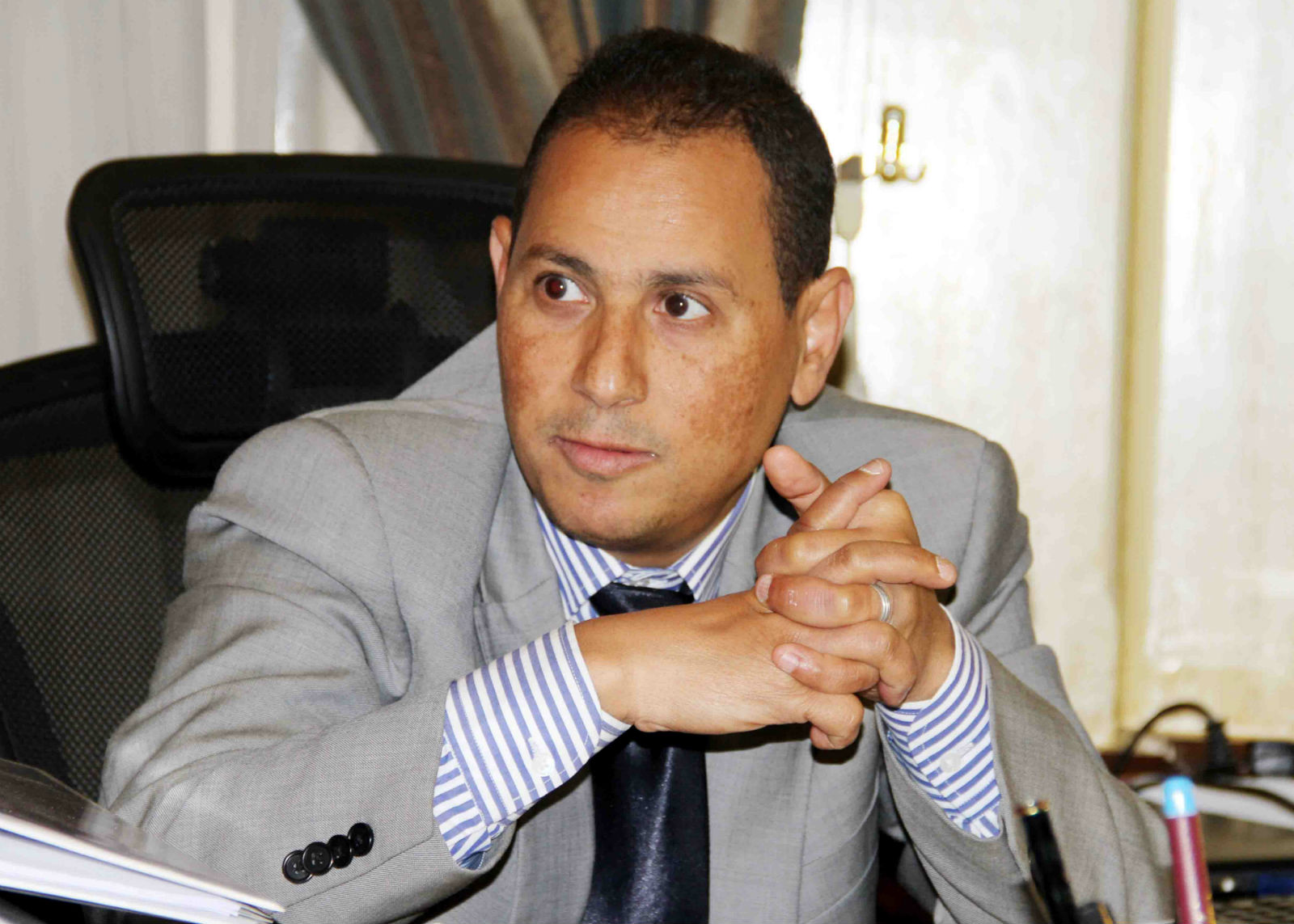Egypt’s FRA finalizes new Insurance Act, capital minimum more or less the same

LEGISLATION WATCH- Small amendments to capital requirements in latest draft of proposed Insurance Act: The Financial Regulatory Authority (FRA) has largely kept minimum capital requirements for property and life insurance companies unchanged in the final draft of the new Insurance Act, sources told Al Mal. The minimum for life and property insurance companies remained at EGP 150 mn, unchanged from an earlier draft which leaked in January.
Companies that need longer than the three-year grace period can apply for an extension. The sources said that the draft also relaxes the rules for companies planning to provide fuel hedging contracts or services to the aviation sector, reducing the amount of additional capital they would have had to raise to EGP 150 mn from EGP 300 mn previously.
New draft has a built-in amendment mechanism? The sources said that the final draft grants the FRA the power to revoke “any contentious article through regulatory decisions” after the law is published, without having to go through the traditional amendment process.
Shareholders in insurance companies can now become CEOs: The latest draft reverses an article that banned any insurance company shareholder from acting as chairman or CEO. This draft will restrict the position to only shareholders in non-listed businesses insurance companies. The latest draft also mandates that a minimum of two board members must work in the industry, down from three previously.
Insurance payout and coverage regs to remain the same: The bill will still double the ceiling for life insurance payouts to EGP 80k, from EGP 40k currently. It also appears to still contain stipulations making insurance coverage for public gatherings and venues (such as malls and concerts) mandatory and requiring individuals with liability-prone professions (such as doctors and architects) to obtain liability insurance.
Where do we stand? The final draft will now have to be reviewed by cabinet for approval. It will then be handed over to the State Council for a legal opinion before its introduction to the House of Representatives for a final vote, and a subsequent signing into law by the president.